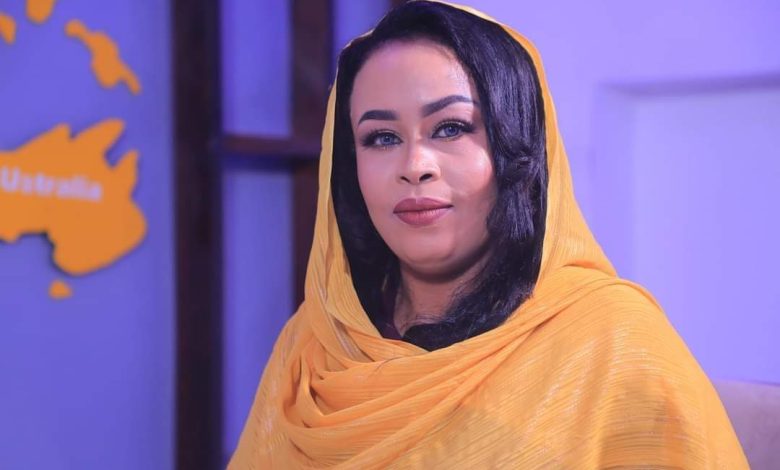Al-Burhan’s Speech: The Chalices of Resolution and the Keys to the Future

By Rashan Oshi
“Trembling hands do not pull the trigger, and the hesitant do not make history.”
To understand how the dynamics of Sudan’s political scene have shifted rapidly, one must listen carefully to the speech of the Chairman of the Sovereign Council and Commander-in-Chief of the Army, General Abdel Fattah Al-Burhan, at the closing session of the Sudanese Dialogue Conference.
In his firm and decisive address, Al-Burhan sent clear messages to multiple parties: to those bargaining over the suffering of the Sudanese people, those exploiting the state’s positions, those plotting to sell the nation, and those who have already done so. His message was unequivocal: Even if you drive the daggers of betrayal into the back of your own people, the state will not strip you of your civil rights as Sudanese citizens, who are constitutionally entitled to identity and official documentation.
With this, Al-Burhan thwarted attempts to turn the issue of passport renewal bans into a bargaining chip or a political stunt. This message also extended to leaders of the Taqaddum movement, who have begun seeking political asylum in various countries, and to those granted Chadian identities to facilitate their movement and fuel foreign organizations’ human rights rhetoric. His stance made it clear that the state leadership will not succumb to blackmail on this matter, nor will it allow political maneuvering at the expense of fundamental citizenship rights. The government’s commitment to ensuring Sudanese citizens live with dignity on their land remains unwavering, and the rule of law will spare no one.
But the crucial question remains: Will the leaders of Taqaddum dare to return to their homes in Sudanese cities and live under the same sky as their people? The answer is, of course, No.
On another front, after much speculation regarding Al-Burhan’s approach to repaying the Islamists for their role in repelling the rebellion, he clarified the matter in simple terms: “Those who fight under a political banner must lay down their weapons.” The message is clear—the real battle now is between the Rapid Support Forces and the Sudanese people.
Furthermore, Sudan faces a significant power vacuum, a fragmented political landscape, and the influence of regional and international players, each with their own interests and internal alliances. Given this context, the National Congress Party (NCP) is unlikely to reject the transition from the political isolation imposed by the December Revolution to full political participation and electoral readiness. Thus, Al-Burhan’s message signals the beginning of a new political era built on democratic principles.
In response, the NCP issued a statement signed by Moulana Ahmed Haroun, emphasizing that their stance on the war is based on principle, not political ambitions.
Through this, the roadmap outlined in Al-Burhan’s speech represents the most radical shift in the state’s position regarding the political chaos that has accompanied the war since its outbreak.
Al-Burhan’s speech asserts that the country’s leadership and military will emerge from the war not only with a military victory but also with a moral one. They have defeated the most dangerous forces of evil that threatened regional security and risked plunging the area into an inferno of civil wars. They have shut the doors on traitors whose conspiracies led to Sudan’s international isolation for decades, pushing the country into the flames of war. Moreover, they have blocked opportunistic allies who continuously seek to trade the national cause for power-sharing deals.
With respect and appreciation.



